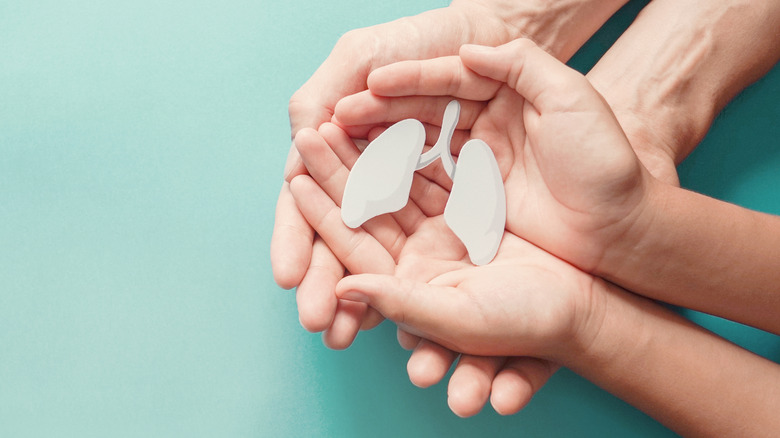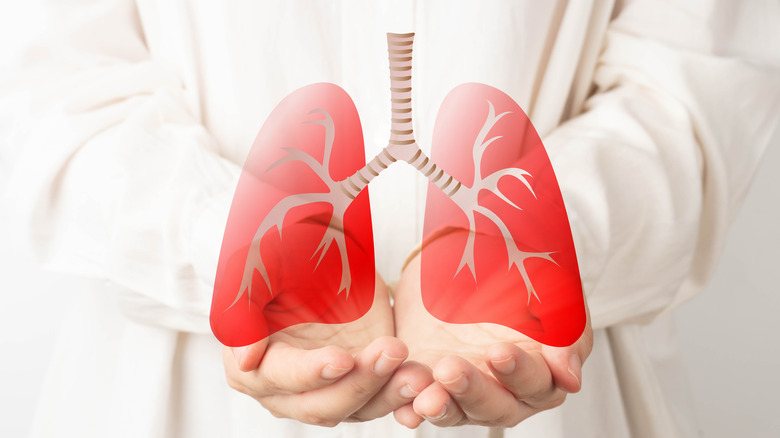What Really Happens When Your Organs Are Donated?
Anne Heche is not expected to survive after sustaining a brain injury from a car accident last week, according to statement released by her family on Friday. Heche has been on life support after crashing her car into a private residence in Los Angeles (via CNN). As a result of the fiery crash, Heche has been in a coma and remains in critical condition. "Unfortunately, due to her accident, Anne Heche suffered a severe anoxic brain injury," the statement read. "She is not expected to survive."
Anoxic brain injuries are caused by a lack of oxygen to the brain and result in brain cell death. Due to the severity of her condition, her family announced that they will be taking her off life support, but not before her organs are examined to see if they can be donated to those in need (per Deadline). "It has long been her choice to donate her organs and she is being kept on life support to determine if any are viable," the statement added.
How organ donation works
According to Live Science, organ donation saves countless lives by providing vital organs to patients on transplant lists — but how exactly does it work? In order to donate organs when you die, you need to be in a hospital and experience either cardiac death or brain death. Cardiac death occurs when a donor sustains an irreversible brain injury, but may still have very minimal brain activity. Brain death occurs when a donor no longer has any brain function at all.
Most organ donations occur after brain death, notes Live Science. After tests are performed to ensure a potential donor is brain dead, their organs will be tested for viability while they remain on life support, which helps keep blood and oxygen flowing through the body. The organs will be tested to see if they can safely be used by others. If so, they will be recovered from the donor's body and procured for transplant, and all cuts will be closed afterward, per the Health Resources and Services Administration (HRSA).
Since organs cannot survive very long outside of the body, they will need to be brought by ambulance or flown quickly to recipients all across the country. According to Live Science, the heart and lungs can last 4 to 6 hours outside of the body before they need to be transplanted, and the pancreas can survive anywhere between 12 and 24 hours. Meanwhile, the liver can last up to 24 hours outside the body, and the kidneys 2 to 3 days.


